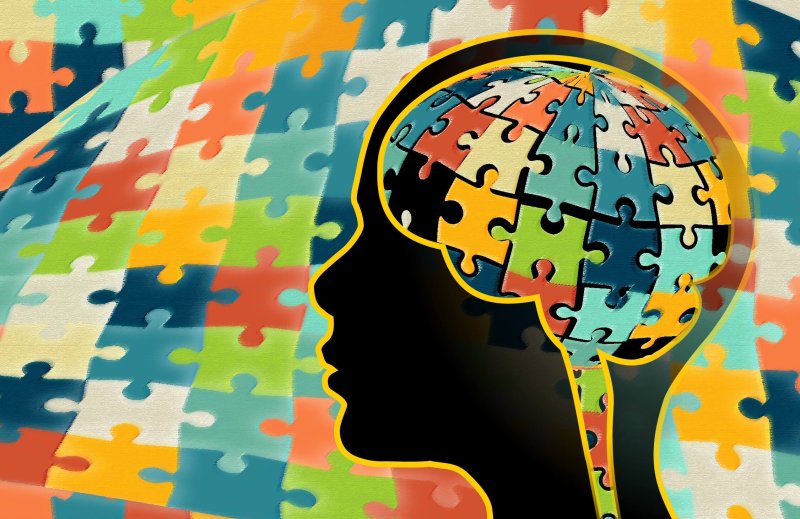An analysis of four mouse models negates certain assumptions underlying the “signaling imbalance theory,” a popular hypothesis about autism’s origins in the brain. The findings suggest that the imbalance is a compensatory response to other problems in the brain, rather than the underlying cause of autism.
The signaling imbalance theory holds that the brains of autistic people have too much excitatory brain activity and not enough inhibitory signals to counteract it. This imbalance then causes neurons to fire too often, the theory goes, and contributes to motor problems, sensory hypersensitivity and other autism traits.
…
Scientists are testing drugs thought to boost inhibition and normalize the signaling balance in the brains of autistic people. But if the imbalance is not an underlying cause of the condition, these drugs may have little value, says Meng-Chuan Lai, assistant professor of psychiatry at the University of Toronto in Canada, who was not involved in the work.
The new results raise the question: “Are these medications going to work as we expected?” Lai says.
…
Sorting out these mysteries is next, [researcher Dan] Feldman says.
Read full, original post: Four Sets of Mice Call Popular Autism Theory into Question































